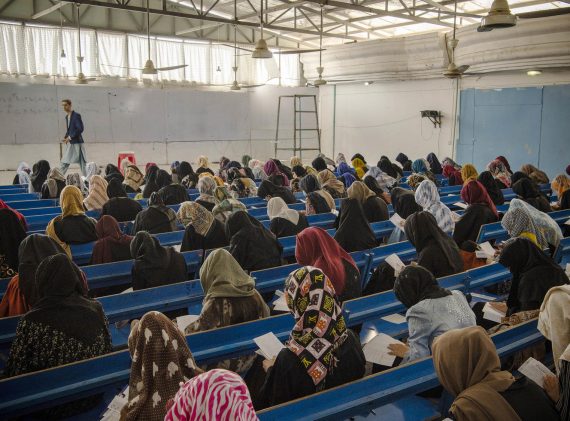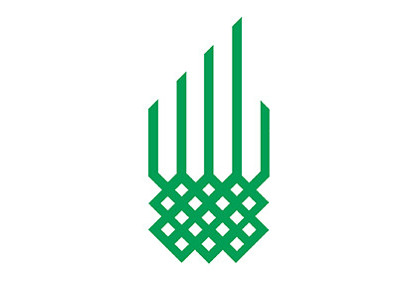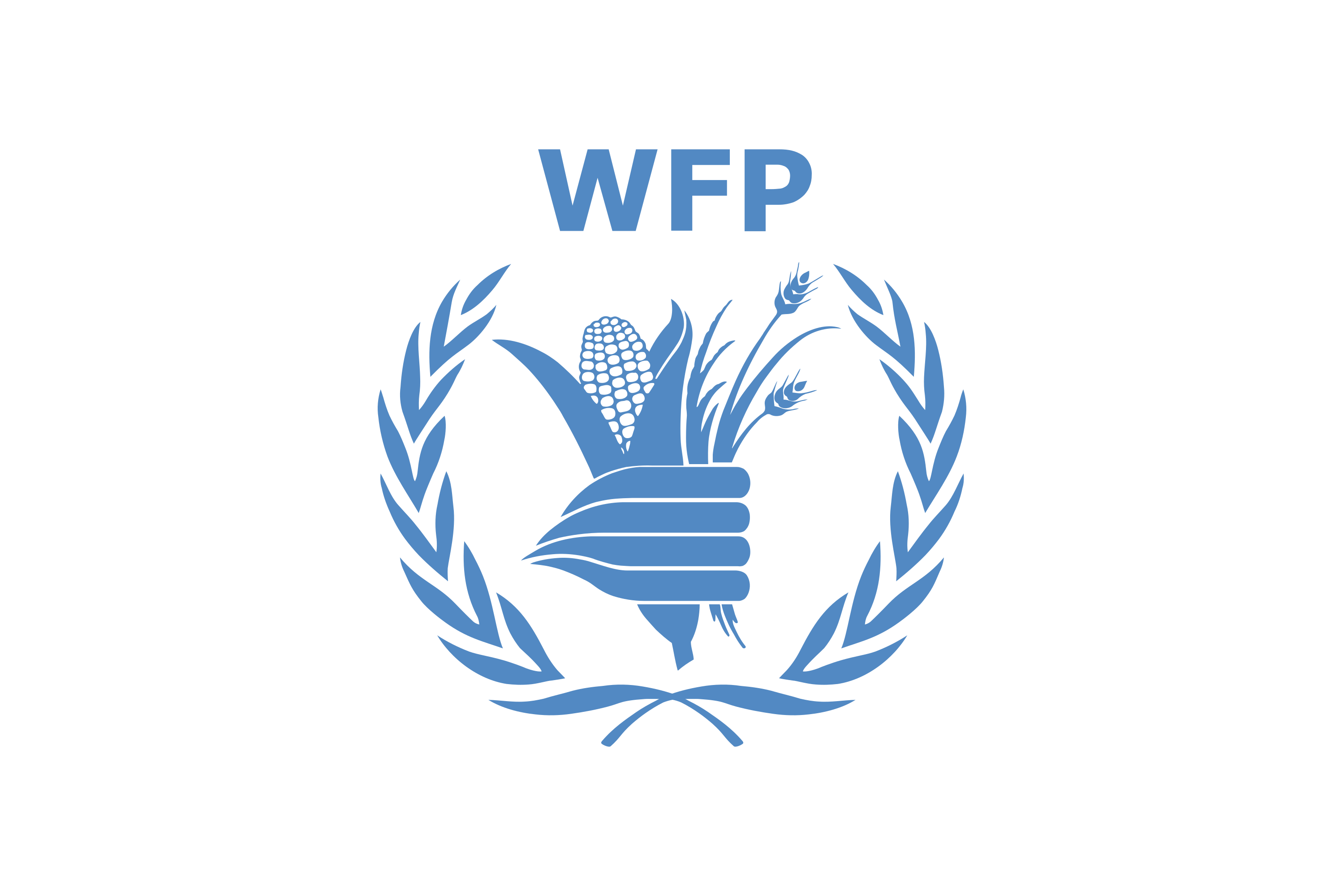


Empowering poor and marginalized communities through capacity building, humanitarian response, social and development projects, and sustainable management of natural resources.


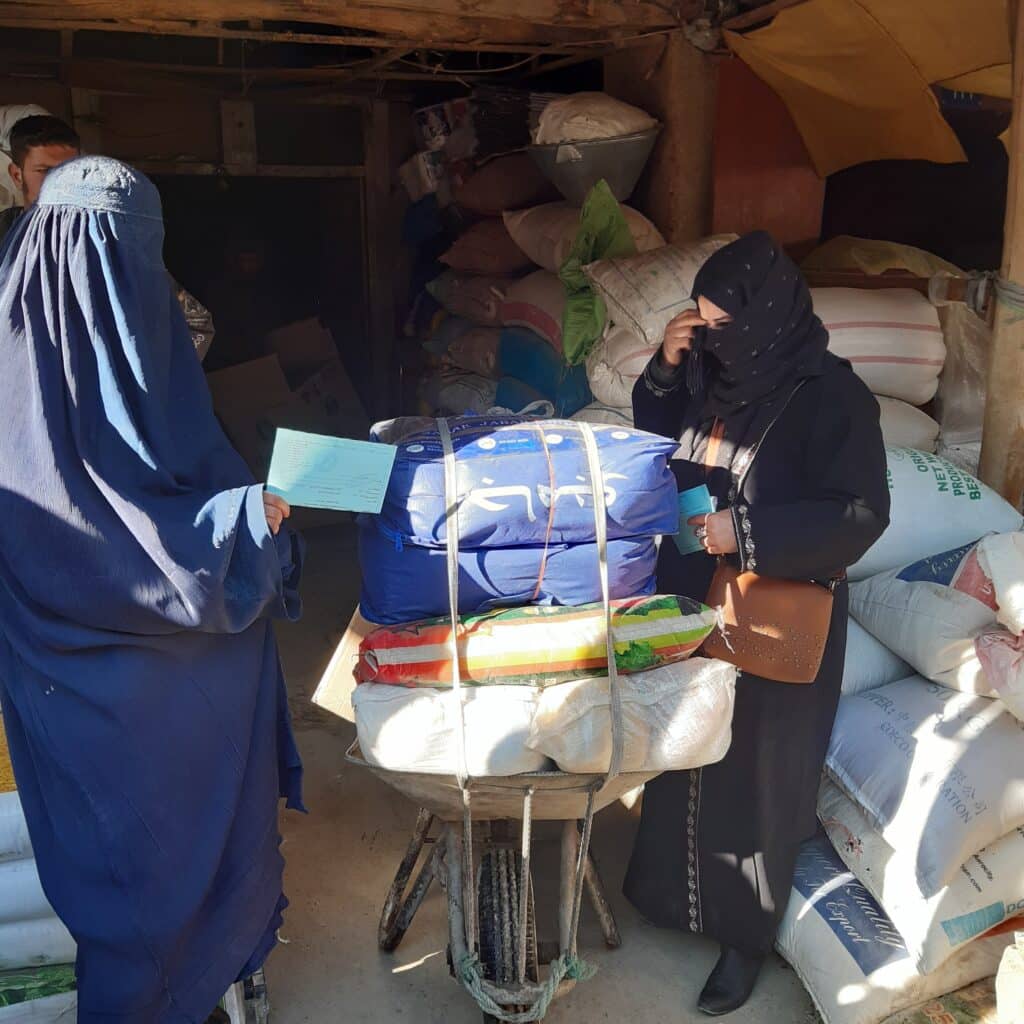

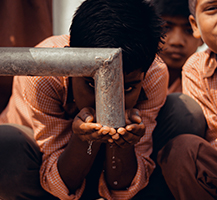
Protecting children by ensuring education, healthcare, combating child labor, preventing violence, and providing emergency aid.
Empowering women through education, economic opportunities, healthcare, advocacy, and community engagement.
Promoting agricultural diversification, clean water access, and skills training to build economic stability in remote and marginalized areas.
Collaborating with the World Food Programme to combat food insecurity, providing assistance to over 21,000 children and their families in border districts.
Distinct types of genetic diseases fought by us.
Types of nonprofit organizations
Children fighting this desease got recovered
Patients diagnosed with a rare disease is a child

Scientific studies have shown that nutrition is not only a physiological issue but also a phenomenon that includes aspects such as psychology and anthropology, examining the impact of attitudes, beliefs, and cultural preferences. Afghanistan needs round-the-clock work to institutionalize the extensive dimensions of nutrition. The institution will provide nutrition education and access to nutrition through project interventions in targeted environments using credible resources and nutritional methods.
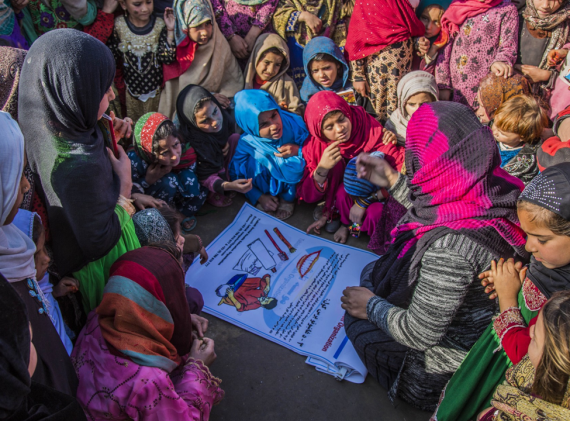
Our belief is that education enhances the economic growth of families and improves the quality of life in terms of mental and livelihood aspects. In Afghanistan, the lack of systematic and standardized education has led to a decline in learning skills, practical knowledge, and peaceful social living. The institution has placed one of its focus areas as an important principle, focusing on improving the quality of effective education and upgrading
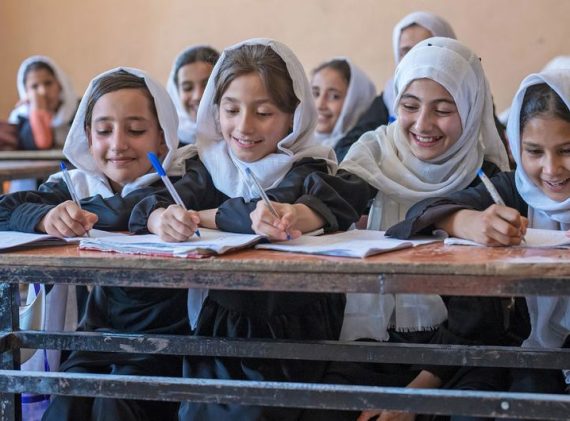
Meanwhile, due to underdevelopment, geographical vulnerability, and the collapse of the republican system, Afghanistan is facing the worst food security conditions. Currently, more than half of Afghanistan’s population is experiencing acute food insecurity. In such circumstances, addressing food security is considered a fundamental priority. Emergency interventions are part of the mission of this organization to achieve sustainable livelihoods and development in poor communities in this country. The majority of people
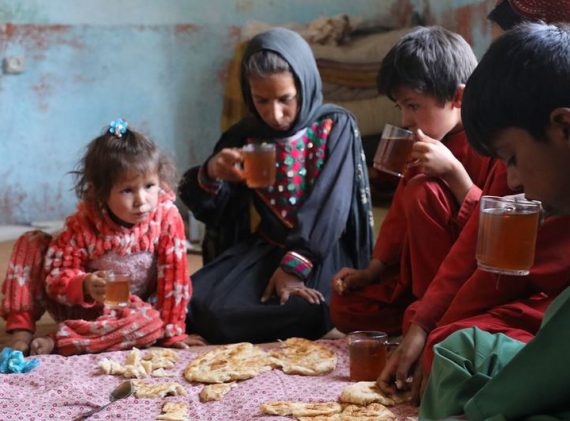
Women's empowerment in Afghanistan, particularly in remote districts areas in Badakhshan province, is crucial for fostering positive change and development. Despite significant progress in recent years, many challenges persist, including cultural barriers, limited access to education and healthcare, and gender-based violence. Organizations and initiatives focused on women's empowerment work to address these challenges by providing educational opportunities, vocational training, access to healthcare, and support for economic independence. Additionally, raising awareness
